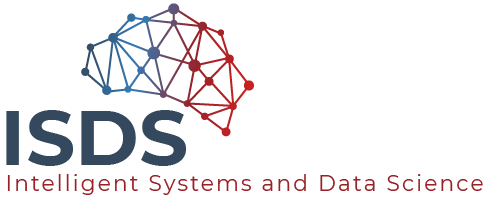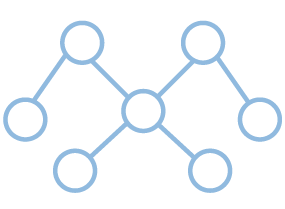Computer Science Ontology v3.4.1
The SKM3 team, in collaboration with researchers at Stanford University (CA), has released version 3.4.1 of the Computer Science Ontology. This version significantly expands its coverage of Artificial Intelligence, adding about 100 new topics, including Generative AI, Large Language Models, Retrieval Augmented Generation, Generative Adversarial Networks, Prompt Engineering, Zero-Shot Learning, Fine-tuning, Out-of-Distribution Detection, Deep Reinforcement […]



 Scholarly Knowledge Mining
Scholarly Knowledge Mining
 Digital Humanities
Digital Humanities
 Data Science
Data Science
 Smart Cities and Robotics
Smart Cities and Robotics
You must be logged in to post a comment.